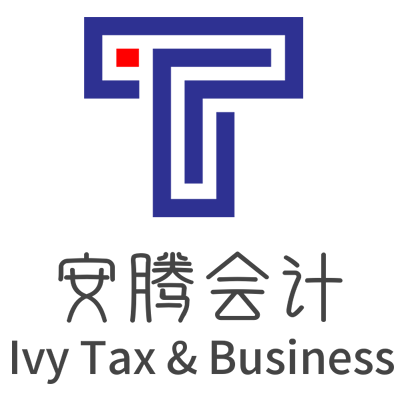All business owners subject to federal, state and local tax compliance and need to file their correspondent tax reports and returns.
The legal structure of your business is necessary for tax file.
A pass-through business is a sole proprietorship, partnership, or S corporation that is not subject to the corporate income tax; instead, this business reports its income on the individual income tax returns of the owners and is taxed at individual income tax rates.
The Sole Proprietor
The sole proprietor is a pass-through entity that report their business income on their personal tax returns.


The LLC
The LLC (Limited Liability Company) is bound to get separate tax from the owners of the business. The IRS can consider the LLC either a corporation, partnership or a disregarded entity and it depends on the elections made by LLC and the members. The LLC do not have the federal default tax clarification, and it requires filing form 8832, election of entity classification to determine the return form. By default, for federal tax purpose, the domestic LLC with two or more members are considered as partnership, with one member considered as single member LLC and it is disregarded entity.
The Partnership:
The partnership is a pass-through entity that report the profits and losses on partners’ individual tax returns. A partnership must file an annual information return from its operations. However, the partnership does not pay income tax. Each partner of the partnership report the profit or loss on their personal tax returns. The partners are not employees and they should not issue a form W-2, rather the partnership must provide a copy of schedule K-1(Form 1065) to the partners.

Corporations:
Usually the corporation do the business, generate net income, pays income taxes and distributes the profits among shareholders. The C corporation is considered as separate tax paying entity. It also takes special deductions. When corporation earned profit, it pays tax. And when the shareholders are distributed as dividends, they are also taxed. And that’s how it creates double taxation.
S Corporations:
For federal tax the S corporations are elected to pass the corporate income, the deductions, the losses and credits through their shareholders. To avoid double taxation on corporate income, the personal tax returns of income and losses of the shareholders of S corporations are assessed tax on the tax rate of their individual income. At the entity level S corporations are responsible for tax on some built-in gains and the income generated through passive ways.
Employment Taxes
If you are a business owner, then individual must pay the self-employment tax. SE tax is primarily for the workers or individuals who work for themselves or run their own business. The self-employment tax basically includes Social Security and Medicare tax. It is the same tax deduct from the salary or wages of the wage earners.
Property Tax:
The property tax is imposed by the controlling body of the state where the property is located. This type of tax is for those individuals or any other legal entity that own a property. The estimated cost of the tax is calculated by the state government, paid by the owner of the property. As this tax is based on the property that includes land and several states levy the tax on tangible items such as cars and boats etc.
The collected tax will be used on the sewerage, for water and to facilitate the law enforcement, road constructions and other local services that benefits the whole locality of taxpayer.
Estimated Taxes:
Individuals, including sole proprietors, partners, and S corporation shareholders have to make estimated tax payment if their tax liability is $1,000 or more. If you do not pay estimated tax, you could be subject to penalty.


